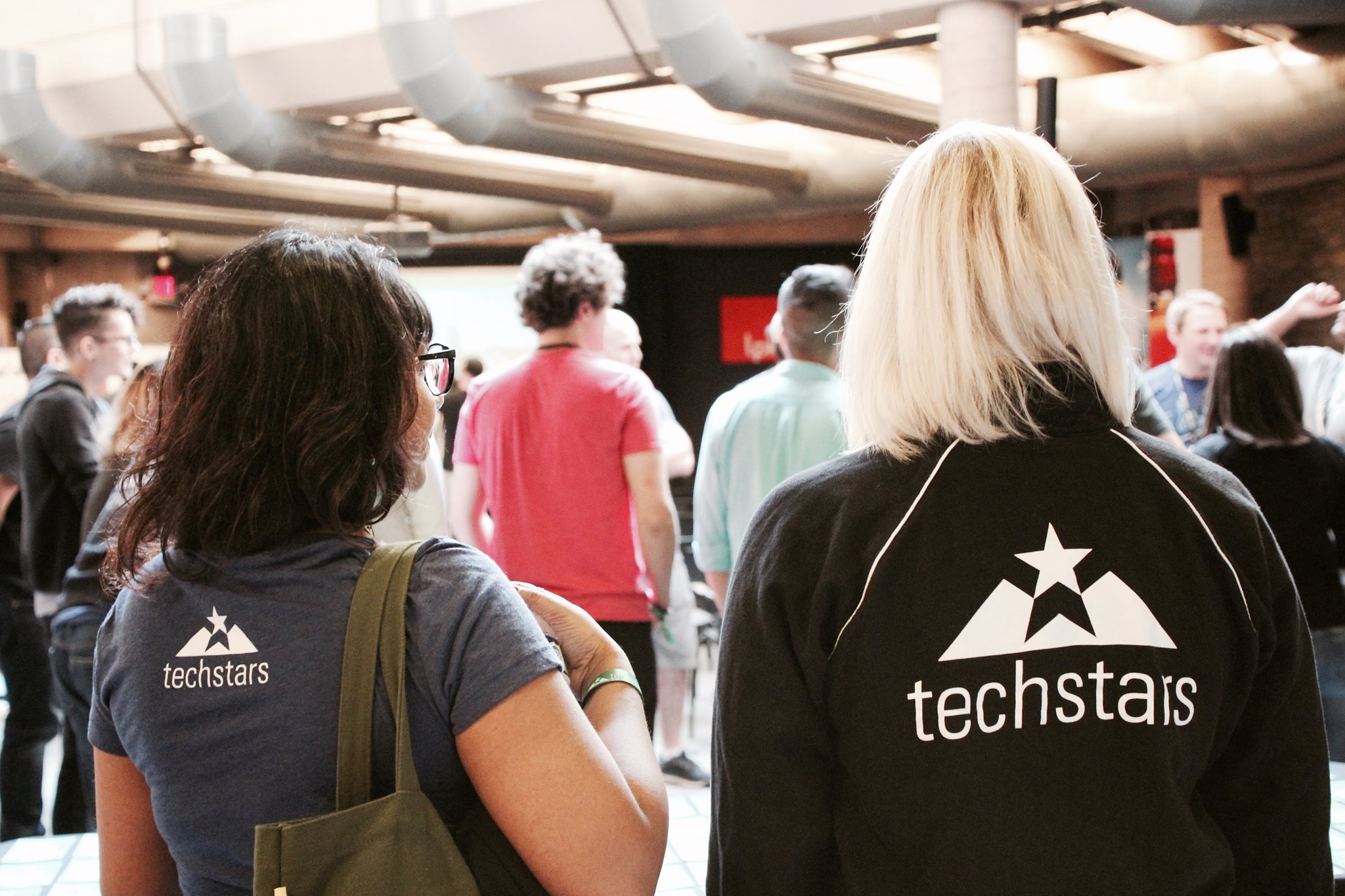Image of Amos Schwartzfarb by Techstars Austin
As one of the country’s top startup ecosystems, Austin is rife with opportunities for entrepreneurs and startup founders who want to scale their business and build a network of support along the way. One of those opportunities is the Techstars Austin accelerator program.
Each year, hundreds of startups apply to join the hands-on, mentorship-driven accelerator but only 10 are accepted. If you’re wondering what it takes to land one of those coveted spots, we spoke with Amos Schwartzfarb, Managing Director of Techstars Austin, to get an idea of how Austin startups can stand out and secure their spot in the accelerator program.
Below, Amos shares what he looks for in a founder, the steps to take to get into Techstars Austin, and how startups can differentiate themselves in a growing market.
What stage do startups have to be in to get into Techstars?
I don’t have a strong bias toward a certain stage. It’s sort of the other way around. What stage do companies feel they are either too early or too late to join an accelerator?
If a company has already found repeatability in their business there’s probably not much I can do for them. My personal sweet spot is helping companies find out if there’s any repeatability in their business.
That being said, the bar is a lot higher for someone in the idea stage. If someone is in the idea phase, there has to be something in their history that gives me a lot of confidence that they have the ability to build a company in the early stage.
The way that I evaluate the investments I make is 80% driven by the CEO’s ability to build a great company and attract talent. If they’ve only been around for a little while, they may not have any revenue or customers, but I can work with that. They don’t have to have prior startup experience, but I’m going to look for attributes that they can run a startup.
What are the top characteristics you look for in a founder?
The characteristics are hard to quantify, but I look for little things when I start to have conversations with founders about what they’ve done in their life. How have they overcome adversity? Do they have respect for data and metrics? How analytical is their brain?
For example, when people have gone through some professional training like a lawyer or accountant and they decide that’s not the right path for them, they’ve already displayed that they have the discipline to start a startup. Or maybe a founder was competitive growing up and still is. Essentially what I’m looking for is whether or not they have the spirit of, “I don’t have to win all the time but I’ll still try.”
How important is the startup’s product/market fit?
At the beginning, 0% of startups have it. A lot of them think they do but they don’t. Product/market fit is when you can clearly articulate a customer that will buy 100% of the time and not churn. Most startups who get into the accelerator have indicators, but not a clear fit yet.

What’s the first step startups should take if they want to get into Techstars Austin?
Step one: Reach out to me. We meet 100% of the people who reach out to us. If you reach out, we will take a meeting. It may not be me every time, but someone from my team will always make the time to talk with an early stage startup founder.
What are some of the hottest trends you are seeing among startups in Austin and in the U.S. more broadly?
We’re currently seeing lots of stuff centered around community. Startups are focused on how to get people with similar mindsets or problems together, which probably came out of the past year of not being together.
What’s the biggest reason startups aren’t accepted into the accelerator?
The biggest reason is the sheer quantity of companies that apply versus the number of spots available. I probably meet between 700-1000 startups each year, but I can only take 10.
Another reason is that I can personally relate to one product concept more than another. If I have 20 founders that I believe can build a great business, I have to think about where my interests lie. If it’s earlier in the funnel, the reason is my belief that the founder can do what they are setting out to do.
If a startup fails to get accepted into Techstars, what do you typically recommend they do?
Keep applying and keep building. Apply to another program, apply to this one again. I’ve had many companies who have applied to Techstars a previous year and then got in later.
Tactically, I usually walk founders through a couple key points, and tell them to focus on these things. (Now I’d tell them to read Levers, my book on how to build repeatability into a startup). Bottom-line, it’s less about what the data says and more about the discipline they apply and how they approach it.
What level of details are you looking for in a startup’s revenue model? Does it have to be fully fleshed out?
10 out of 10 companies in the accelerator every year don’t know how they’re going to make money, even if they think they know. If you don’t know your customer then you don’t know how you’re going to make money. To me, what’s more important is the way that they process it and think about it. Are they looking at the data? Is the overall market interesting enough that I think there could be something there?
Are you looking for companies that address an underserved market? Or are disrupting a current market?
What I’m most interested in are the details and nuance of making a business model work. When founders get into the nitty gritty details to prove that they’re right or wrong, through those learnings of being wrong they will have new hypotheses that will get them closer to getting it right.
What is your best lifestyle advice for founders?
I’m a big believer in finding space for things outside of work. No matter how busy I am there are a few non negotiables for me. One is family time. Another is getting as close to screen free as possible during at least one weekend day. I’m also up super early and have 45 minutes or so in the morning when I stretch or meditate. And I exercise every day.
It’s key to find the things that are important to you that are different from your job; something that takes your brain away from work.
About Sam Lauron: Sam is a Content Marketing Manager for Swyft, which is a tech PR agency in Austin and Houston and a top digital marketing and PR agency in Denver since its founding in 2011. Swyft recently opened a satellite office where it offers tech PR in San Francisco. Swyft was also listed as one of the top tech PR agencies in Texas by the B2B services review site, Clutch.co.

